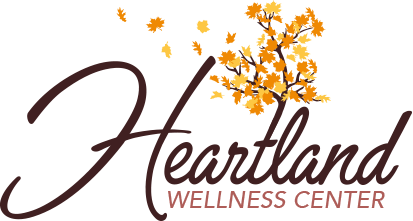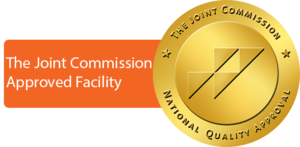Most often, family and friends recognize small changes first.
Mental Health Distress rarely appears “out of the blue.”
Overuse of substances like alcohol or drugs.
Wanting to Escape
Suicide in girls and women increased by 50 percent from 2000-2016.
50% of mental health distress begins by age 14, and 3/4 by age 24.
Withdrawal
Recent social withdrawal and loss of interest in activities previously enjoyed.
Extreme Mood Changes
Disruptive “highs”, scary “lows”, and everything in between, always uncontrollable.
Therapeutic services for individuals, couples, and families.
-
Our services offer help across every age group and every
life problem. - Compassionate care that provides a custom “person-centered” life plan and direction to the life you seek.
- Helping you define who you want to be and moving past the pain and losses in life.
- Compassionate help for anxiety, depression, family and work relationships, life changes, trauma, and much more.
From The Experts
- 21% of adults experience a mental illness.
- Global Prevalence of anxiety/depression increased by 25% in the first year of the pandemic (WHO)
- 16% of youth report suffering from at least one major depressive episode in the past year
- 17% of youth (6-17 years old) experience a mental health disorder.
- 12+ million people had serious thoughts of suicide.
- Rise in overdose deaths by 30% during the covid pandemic.
GRIEF
COUNSELING
Created for clients who require a higher level of care. Clients receive treatment during the day and go home in the evening, so they can practice their recovery in real time.
INDIVIDUAL
COUNSELING
Allow individuals to work through challenging memories and identify aspects of their lives that they would like to change.
COUPLES
COUNSELING
Helping two people gain insight into their relationship, learn to resolve conflict more effectively and improve relationship satisfaction.
GROUP THERAPY
Small groups of people with similar challenges allow people to receive the support and encouragement of the other members of the group.
MENTAL HEALTH
Helping people cope with emotional and mental challenges like marital and family problems, difficulties caused by aging, as well as stress and anxiety management.
FAMILY THERAPY
Improve troubled relationships with family members. Coping with issues such as; marital or financial problems, conflict, substance abuse, or a mental illness and its impact on the entire family.

